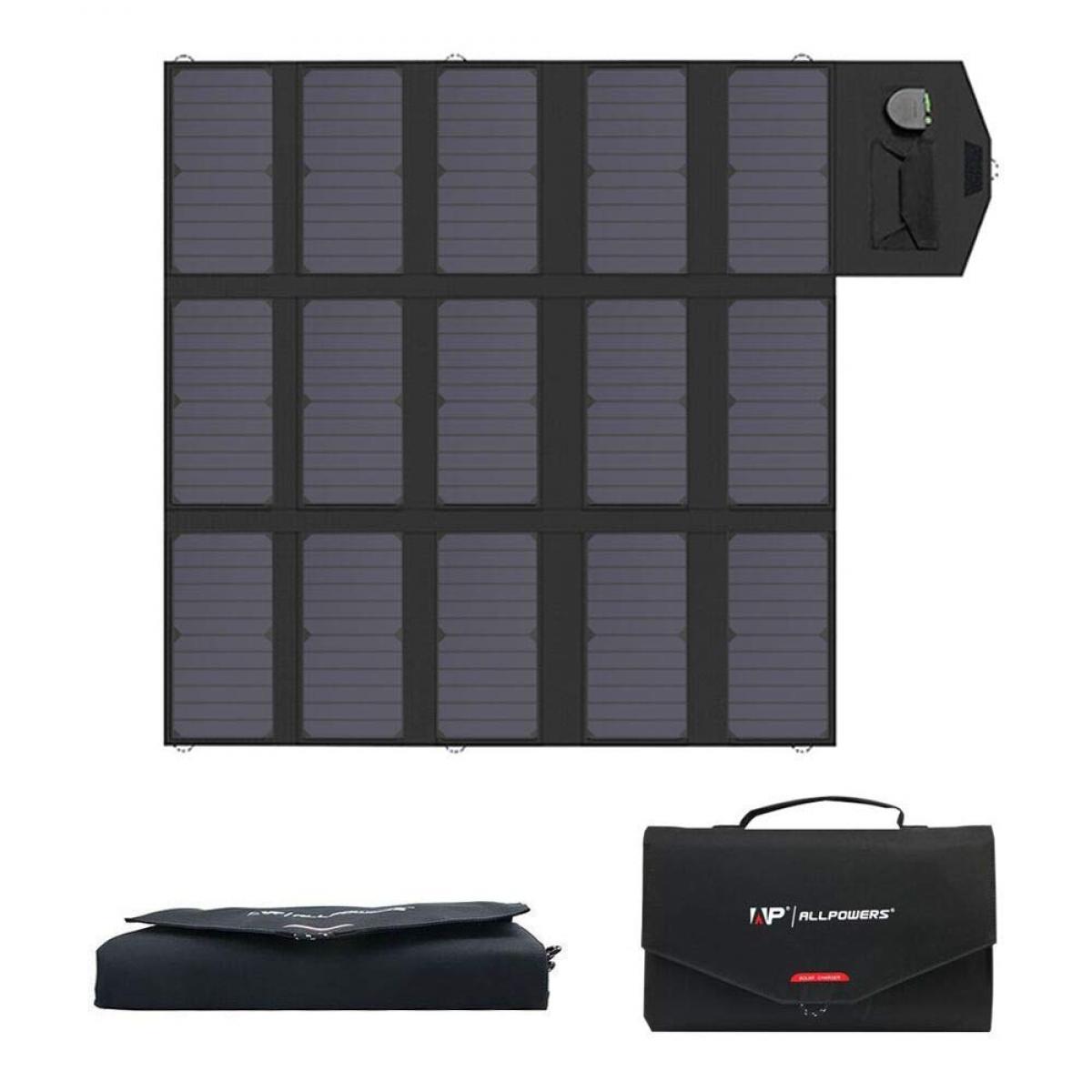How Long Can Solar Panels Last Without Sun?
Solar panels have become an increasingly popular source of renewable energy, providing a sustainable and eco-friendly alternative to traditional fossil fuels. However, one common question that arises among potential users is: how long can solar panels last without sun? This question is particularly relevant for those living in regions with less consistent sunlight or during periods of inclement weather. In this article, we will explore the factors that influence the performance of solar panels in the absence of sunlight, the technology behind energy storage, and practical solutions to ensure a continuous power supply.

Understanding Solar Panel Functionality
To comprehend how solar panels perform without sunlight, it is essential to understand their basic functionality. Solar panels, also known as photovoltaic (PV) panels, convert sunlight into electricity through the photovoltaic effect. When sunlight hits the solar cells within the panel, it excites electrons, creating an electric current. This direct current (DC) is then converted into alternating current (AC) by an inverter, making it usable for household or commercial applications.
Factors Affecting Solar Panel Performance Without Sun
1. Energy Storage Systems: The most critical factor in determining how long solar panels can last without sun is the presence of an energy storage system, such as batteries. These systems store excess energy generated during sunny periods, which can then be used during times of low or no sunlight. The capacity and efficiency of the battery system directly impact the duration for which solar panels can provide power without sunlight.
2. Panel Efficiency: The efficiency of the solar panels themselves also plays a role. High-efficiency panels can generate more electricity in less time, allowing for greater energy storage. This means that even during short periods of sunlight, more energy can be stored for later use.
3. Weather Conditions: Weather conditions, such as cloud cover, rain, or snow, can significantly affect the amount of sunlight reaching the panels. While solar panels can still generate some electricity on cloudy days, the output is considerably reduced. Therefore, the duration for which solar panels can last without sun is shorter in regions with frequent inclement weather.
4. Energy Consumption: The amount of energy consumed by the household or business also influences how long the stored energy will last. Higher energy consumption will deplete the stored energy more quickly, reducing the duration for which solar panels can provide power without sunlight.
Energy Storage Solutions
To ensure a continuous power supply, even during periods without sunlight, energy storage solutions are essential. The most common and effective solution is the use of solar batteries. Here are some key points to consider:
1. Battery Types: There are several types of batteries available for solar energy storage, including lead-acid, lithium-ion, and flow batteries. Lithium-ion batteries are currently the most popular due to their high energy density, longer lifespan, and lower maintenance requirements.
2. Battery Capacity: The capacity of a battery is measured in kilowatt-hours (kWh) and determines how much energy it can store. A higher capacity battery can store more energy, allowing for a longer duration of power supply without sunlight. It is crucial to choose a battery with sufficient capacity to meet your energy needs during periods of low sunlight.
3. Battery Efficiency: The efficiency of a battery refers to the amount of stored energy that can be retrieved for use. Higher efficiency batteries ensure that more of the stored energy is available for consumption, extending the duration for which solar panels can last without sun.
4. Battery Lifespan: The lifespan of a battery is an important consideration, as it affects the long-term viability of the energy storage system. Lithium-ion batteries typically have a longer lifespan compared to lead-acid batteries, making them a more cost-effective option in the long run.
Practical Solutions for Continuous Power Supply
To maximize the duration for which solar panels can provide power without sunlight, consider the following practical solutions:
1. Optimize Energy Consumption: Reducing energy consumption during periods of low sunlight can help extend the duration of stored energy. Implement energy-efficient practices, such as using LED lighting, energy-efficient appliances, and smart home systems to minimize energy usage.
2. Install a Backup Generator: In addition to solar batteries, a backup generator can provide an additional source of power during extended periods without sunlight. This ensures a continuous power supply, even when the stored energy is depleted.
3. Regular Maintenance: Regular maintenance of solar panels and energy storage systems is essential to ensure optimal performance. Clean the panels regularly to remove dirt and debris, and check the battery system for any signs of wear or damage.
4. Monitor Energy Production and Consumption: Use monitoring systems to track the energy production and consumption of your solar panel system. This allows you to make informed decisions about energy usage and storage, ensuring a more efficient and reliable power supply.
In conclusion, the duration for which solar panels can last without sun depends on several factors, including the presence of an energy storage system, panel efficiency, weather conditions, and energy consumption. By investing in high-quality solar batteries, optimizing energy consumption, and implementing practical solutions, you can ensure a continuous power supply even during periods of low or no sunlight. As technology continues to advance, the efficiency and capacity of solar energy storage systems are expected to improve, making solar power an increasingly reliable and sustainable energy source for the future.
